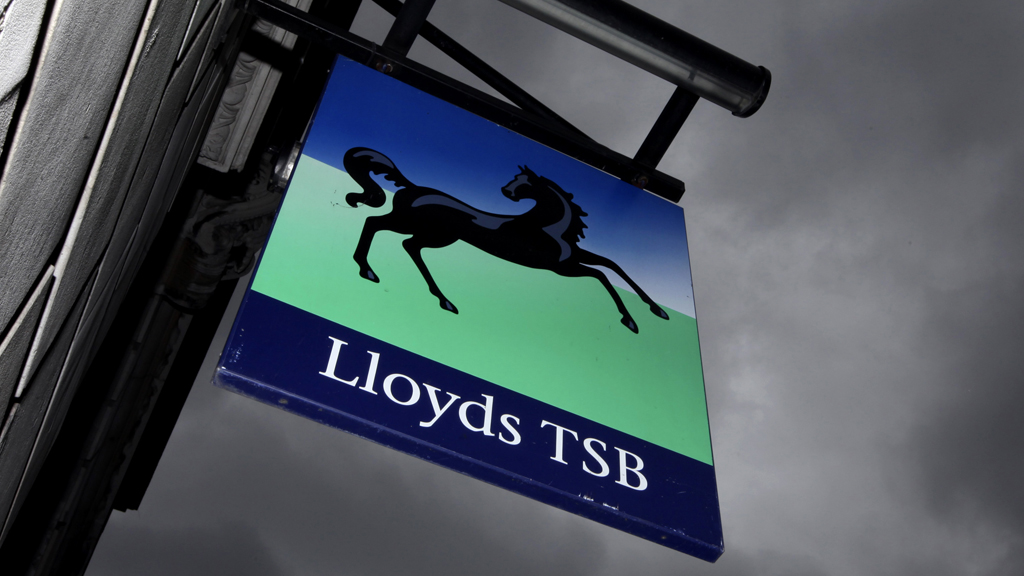Lloyds PPI bill tops £5bn
The bill for mis-sold payment protection insurance (PPI) at taxpayer-backed Lloyds Banking Group tops the £5bn barrier as claims against the bank continue to pile up.

The 40 per cent state-owned lender was pushed to a £144m loss in the three months to 30 September as it took an additional £1bn charge for dealing with the scandal, taking the total to £5.3bn.
Stripping out the cost of PPI, the group doubled its underlying profit to a better-than-expected £840m in the third quarter as its slashed bad debts and narrowed losses from its non-core businesses.
Lloyds was pushed to an annual loss of £3.5bn last year by the PPI mis-selling scandal, leaving taxpayers wondering when they will get their money back.
While the volume of PPI complaints declined quarter-on-quarter, they remained above the level anticipated around the time of its half-year results in July.
From the £5.3bn it has set aside, Lloyds had paid out £3.7bn at the end of September.
The bank said 50 per cent of claims from claims management companies are duplicate or fake and has asked the Financial Ombudsman Service (FOS) to waive an £850 handling fee for dealing with erroneous claims.
‘Lost sight of core values’
Chief executive Antonio Horta-Osorio said the PPI scandal was allowed to happen as banks “lost sight of their core values, had become complacent, non-customer focused and inefficient”.
“We could not transform this business without addressing the PPI legacy,” he added.
But Mr Horta-Osorio said the group had made “significant progress” and remained confident that it can “rebuild the trust” of its customers.
The Portuguese-born banker unveiled a strategic review last year, which included thousands of job losses, as well as plans to sell off large parts of its international operations.